Library
-
Nutritional changes can improve the management and treatment of pancreatic diseases in dogs. To prevent chronic pancreatitis relapses, diet adjustments will be necessary. Diet factors for managing exocrine pancreatic insufficiency, diabetes mellitus, pancreatitis, and insulinoma are discussed. Recommendations for feeding diabetic dogs and approaching hypoglycemia are also described.
-
Chronic kidney disease is frequently diagnosed in older cats. Nutrition is important in managing this condition. Commercial therapeutic diets for cats with CKD support kidney function while maintaining a stable body weight and body condition. Your veterinarian will help you choose an appropriate diet for your cat.
-
Like dogs and people, cats are susceptible to age-related brain changes associated with Cognitive Dysfunction Syndrome (CDS). Behavioral changes such as excessive vocalization at night, having bathroom accidents, and increased anxiety are often associated with CDS, but a thorough examination must be completed to ensure that another medical reason is not the cause of the behavioral changes. Supportive care for the condition is discussed.
-
The clinical signs of heart failure are seen in many cats as they age. The two most common causes of CHF are chronic valvular disease and hypertrophic cardiomyopathy. Hypertension (high blood pressure) may contribute to heart disease and CHF. Secondary diseases, such as obesity, excessively high thyroid, or kidney disease may require dietary changes. Key nutritional goals are to maintain a stable body weight, deliver appropriate calories, and feed a balanced diet that the cat will regularly eat.
-
Nutrition is very important in managing cats with diabetes mellitus. Achieving a lean body condition is associated with better glucose control and an increased chance of remission. Other factors in dietary management of diabetes mellitus are discussed.
-
When the digestive tract is upset, vomiting and diarrhea may result. Since the causes of these symptoms are varied, it's best to consult a veterinarian. Often, a gastrointestinal (GI) diet is recommended to support the digestive tract and ensure the gut gets the nutrients it needs to recover. A bland diet of cooked chicken and rice might be recommended, but it has several limitations and is not appropriate for long-term feeding.
-
Chronic kidney disease is frequently diagnosed in older dogs. Nutrition is important in managing this condition. Commercial therapeutic diets for dogs with CKD support kidney function while maintaining a stable body weight and body condition. Your veterinarian will help you choose an appropriate diet for your dog, with with the goal of slowing disease progression while extending your dog’s quality of life for as long as possible.
-
As dogs live longer, they have a greater chance of developing diseases associated with advanced age, such as cognitive dysfunction syndrome (CDS). Diets rich in antioxidants such as vitamin E, vitamin C, selenium, L-carnitine, alpha-lipoic acid, flavonoids, and carotenoids have been shown to help slow the decline of brain function. Your veterinarian can help you choose a diet with a nutrient profile suitable for your dog.
-
Colitis is a fairly common problem in dogs manifesting as diarrhea. Dealing with colitis may boil down to working with your veterinarian to find a nutrient profile that allows your dog's gastrointestinal system to function as normally as possible. A nutrient profile which contains a high quality, high digestibility protein, low to moderate fat content, and high digestibility carbohydrates. Fiber may also play a role to benefit the colon of dogs with chronic colitis. Work with your veterinarian to assess your dog's clinical and nutritional history, create a nutritional plan, and then evaluate the success of the plan.
-
The clinical signs of congestive heart failure (CHF) are seen in many dogs as they age. The two most common causes of CHF are chronic valvular disease and dilated cardiomyopathy. Hypertension (high blood pressure) may contribute to heart disease and CHF. Secondary medical conditions, such as obesity, low thyroid, or kidney disease may require dietary changes. Key nutritional goals are to maintain a stable body weight, deliver appropriate Calories, and feed a balanced diet that the dog will regularly eat.


